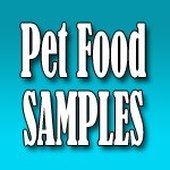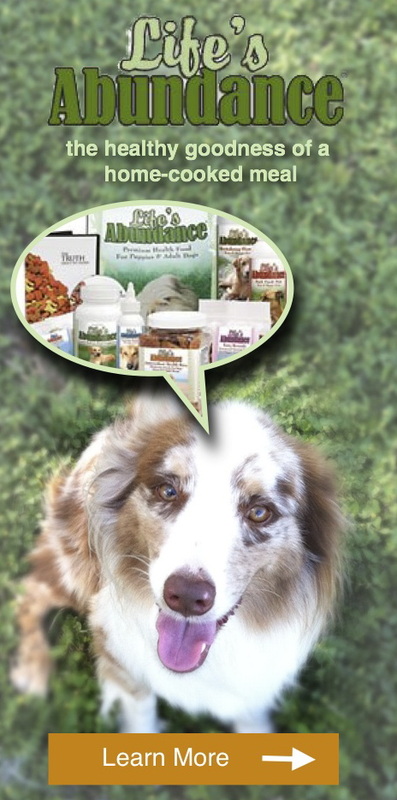So, what are some of the reasons pet parents turn to making their own pet food? While motivations can be deeply personal, they commonly fall into these categories:
1. Your veterinarian prescribed food that your pet kid won’t eat
2. You have made specific dietary choices and want to extend them to your animal family members
3. You only trust food which comes out of your kitchen
4. You are hoping to alleviate the symptoms or severity of a medical diagnosis
5. You are ambivalent about commercial pet food and curious to see if you could get better results
6. A belief that you could save some money
While these questions provide some food for thought, motivation alone is not an assurance of health and wellbeing for pet kids. When deciding what to feed their companion animals, pet parent’s choices must be backed up by expertise and solid knowledge. So, what actually does go into the decision to take the plunge into homemade pet food?
Pet Parent Education: Intensive
In the era of Pinterest, there are loads of DIY pet food recipes and enthusiastic testimonials. Some of these recipes give the appearance of being well-balanced and reasonably easy, and may even have a cute name.
But chances are that the vast majority of these will not provide pets with the nutrition they need. In an independent 2013 study of 200 homemade adult dog food recipes gathered from the internet, cookbooks and veterinarians, only five (2.5%) of them were nutritionally balanced. All five balanced recipes had come from veterinarians with advanced training in nutrition.
The takeaway here is that it is critical to involve a holistic or integrative veterinarian and/or a veterinary nutritionist to ensure the nutritional needs of your furry kid are being met.
Cost Analysis: Moderate - Intensive
If the financial bottom line is a priority, time should be spent doing an analysis of the daily cost to feed pet kids a balanced diet. With a quality recipe in hand, pet parents can take to the internet and local grocery stores to estimate the cost of the homemade meal before ever investing in buying the ingredients. The cost of any special equipment, like a meat grinder or food processor, and food storage containers, should also be factored in.
Ingredient Sourcing: Intensive
A balanced recipe from a qualified Veterinary Nutritionist is sure to include proteins, carbohydrates and a list of added vitamins and other nutritional supplements. As with any consumable product, there is great variation in the quality of all of these ingredients as well as variation in what is appropriate for different species. What many fail to realize is that improperly balanced nutrients can actually lead to a host of disease states, essentially creating toxicity within the body. To ensure maximum benefit, be certain that your nutritionist is explicit about cuts of meat and which supplements to purchase, and ensure that all of these questions are addressed:
What form should each supplement be in; liquid or powder?
What source is okay for each supplement; synthetic, natural, purified, etc.?
Are there certain varieties of supplements that should be avoided; Cod Liver Oil or Krill Oil vs. Fish Oil?
Are your personal dietary requirements being met; grain free or vegetarian?
Which cuts of meat are optimal, acceptable and should be avoided; white meat, dark meat, lean or fat?
Food Preparation & Storage: Moderate – Intensive
If you’ve ever done batch cooking for your human family, you’ll have an idea what it’s like to make your own pet food. This exercise takes advance planning, time management, practice and possibly endurance depending on how large a batch is being made.
This time commitment will vary by recipe, quality of equipment being used, size of the batch being prepared, and with fine tuning over time.
Food Serving: Minimal
Home prepared foods are refrigerated or frozen and may require warming to room temperature to serve. At issue here is the commitment to the frequency of this task more so than the amount of time required.
Given the level of difficulty in preparing home meals, and the expertise to get the formulas right every time, this probably isn’t a viable option for most pet parents. If you’re seeking holistic nutrition plus convenience and value, I urge you to consider the premium nutrition offered by any of our Life’s Abundance pet foods.
Thank you for all you do to make the world a better place for companion animals.










 RSS Feed
RSS Feed




